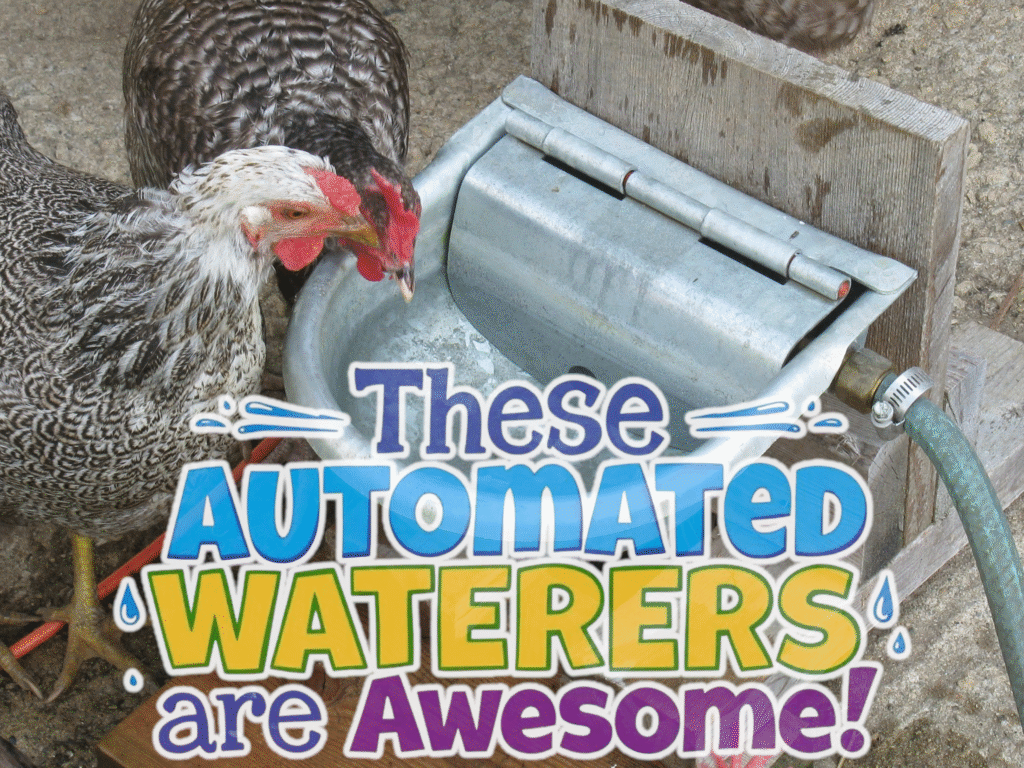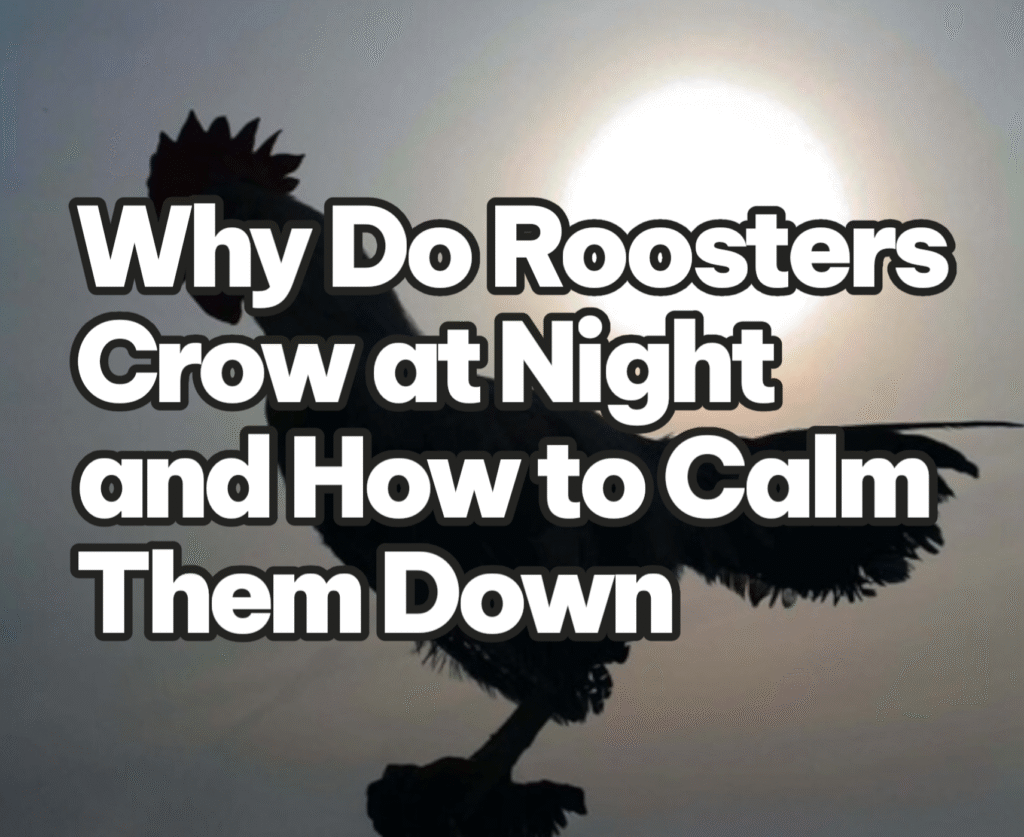
They’re Not Broken—They’re Birds
Why do roosters crow at night? If your feathered alarm clock is sounding off at 2 or 3 a.m., you’re not alone—and no, your rooster isn’t broken. When I first got into raising chickens, I expected the classic cock-a-doodle-doo at sunrise, not pitch-black wake-up calls. But after several too-early mornings and a bit of trial and error, I figured out why it happens—and how to calm it down.
Let’s just say, there’s more going on inside that little clucker’s head than we realize. From light interference to territorial instincts, a nighttime crow has meaning behind it—and sometimes, a quick fix.
A Rooster’s Crow Isn’t Just for Morning
The image of a rooster greeting the sunrise is iconic—but it’s not the whole story. Roosters don’t just crow at dawn. They crow all day… and sometimes all night. Why?
Because roosters crow to communicate, not just to announce the morning. It’s their way of saying:
- “This is my territory.”
- “I hear something strange.”
- “You other roosters better back off.”
- “I’m just feeling talkative right now.”
Nighttime crowing is often about alerting the flock or re-establishing dominance. And if you’ve got more than one rooster? Yeah… it becomes a vocal competition no one asked for.
By the way, if your coop setup has more than one roo packed too tight, stress and noise battles are bound to happen. We cover this in detail in what chickens really need to survive if you’re just starting out or need a reset on your coop setup.
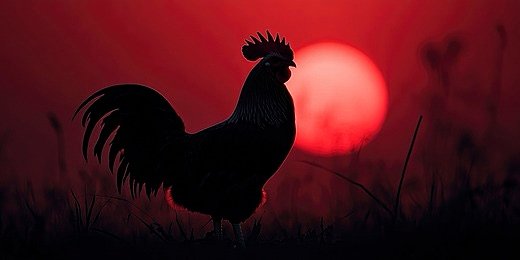
Light Pollution Can Trigger a False Dawn
If there’s a streetlight near your coop or even a distant motion-sensor spotlight that flicks on when a raccoon scampers by, your rooster might think it’s morning. Roosters are incredibly sensitive to light changes—even dim ones. That little burst of brightness? It can confuse their internal clock and make them crow way before dawn.
I learned this the hard way. One of our neighbors had a new security light installed, and suddenly my rooster thought every 1 a.m. light flicker was his cue to belt it out like it was Broadway.
Quick fix tip: Try blackout panels or reposition your coop to block artificial light. I actually used an old tarp and some scrap wood for a budget solution, and it worked surprisingly well.
Predators in the Dark: Rooster Radar
Roosters are protectors by nature. When they hear or sense movement—whether it’s a possum rustling leaves or just the wind making a branch creak—they sound the alarm. It’s their instinct to warn the flock, even if it’s the middle of the night.
This is one of those situations where their noisy habits can actually be helpful… but also pretty annoying if you’re the one waking up. If it’s happening too often, it might be time to check your coop security.
Pro tip: A motion-activated trail cam near your coop might show you what your rooster’s hearing at night. You’d be shocked how many critters wander by without you ever seeing them.

Internal Clocks Aren’t Always Perfect
Just like people, some roosters are a little… off schedule. Their circadian rhythm—basically their built-in clock—might naturally skew earlier than others. So while most roosters might wait until the first hint of dawn, your guy might be set to crow at 2:45 a.m. every day like it’s no big deal.
It doesn’t always mean something is wrong. Some roosters are just early risers, and unless you’re breeding or showing birds, this doesn’t hurt them. It just hurts your sleep.
What helps: Try controlling the coop’s environment. Use a timer-based coop light that mimics sunrise and sunset more gradually to help “retrain” your rooster’s clock over time.
Hormones, Mating, and Territory Drama
Roosters aren’t just crowing for the fun of it. Sometimes it’s about showing dominance, especially if there’s another rooster nearby or within earshot. Crowing at night can be a way of saying, “This is my territory, don’t even think about it.”
And yes—mating urges can make them loud too. Even in the dark. If there are hens nearby and your rooster is reaching peak testosterone, expect a few late-night outbursts.
If you’ve got multiple roosters, it can turn into a crow-off. One starts, then the other fires back, and suddenly you’ve got your own 3 a.m. rooster karaoke competition.
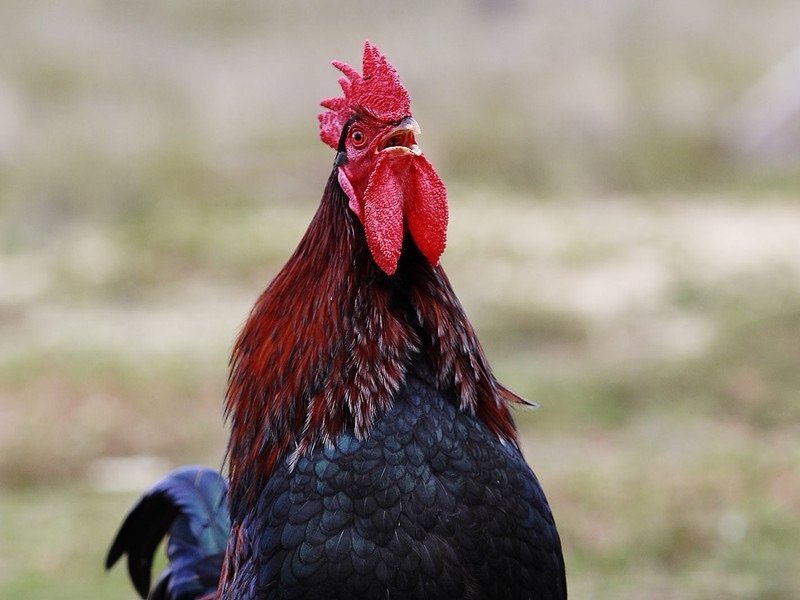
Streetlights and Motion Sensors Can Trick Them
Your rooster might think it’s morning… because the neighbor’s motion light kicked on. Roosters are heavily influenced by light cues, and artificial light at odd hours can mess with their internal clock.
Streetlights, headlights, porch lights, or even a sudden flash from your phone can cause a rooster to crow in the middle of the night. His instincts are telling him: “Light? Must be dawn! Time to sing!”
Quick tip: Try covering any windows in your coop with blackout material, and make sure there’s no direct light beaming in from outside. A darker coop = quieter rooster.
Cold Weather and Hunger Can Be a Factor
Roosters don’t just crow because they’re confused or territorial—sometimes they crow because they’re uncomfortable. Cold nights can rattle them, especially if they’re not fully feathered or if drafts sneak into the coop. Hunger or a lack of water can also stir them up early.
It’s their way of calling out: “Hey, this isn’t right!”
Make sure your flock is well-fed before bedtime and that their coop is cozy. A heated water bowl like this one that we use ourselves helps prevent freezing water and keeps everyone calm (and hydrated) overnight.
It’s Just Their Personality (Yep, Some Are Loudmouths)
Some roosters just have extra energy. Just like people, chickens have different personalities. If you happen to have a more dominant, vocal rooster, he may crow more often—day or night—just because that’s who he is.
If your guy crows at night while the others sleep soundly, it’s probably not anything you’re doing wrong. He’s just the kind of bird that always wants the last word. In that case, you might find our post on why chickens peck their eggs just as relatable—it’s always the bold ones!
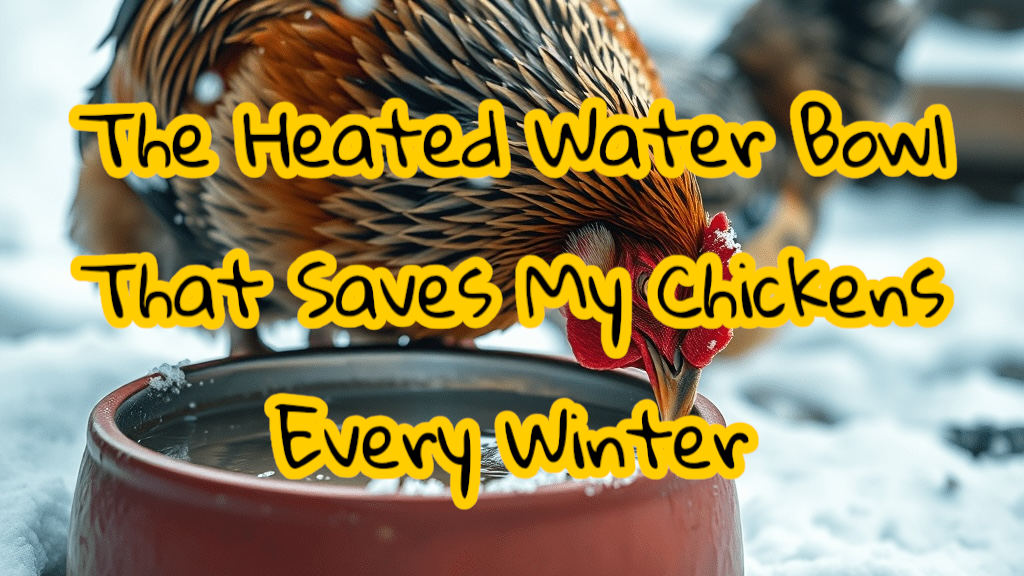
Can You Stop Roosters From Crowing at Night?
Short answer? Not entirely. Crowing is natural. But you can reduce the frequency.
Here’s what helps:
- Keep the coop dark and quiet.
- Avoid sudden sounds or lights during the night.
- Add plenty of bedding to muffle outside noise.
- Make sure the flock is safe and well-fed.
- Check for predators or disturbances around the coop.
While some folks try rooster collars or separation pens, those come with mixed results and ethical concerns. In our experience, comfort and routine go a long way in keeping your flock (and you!) sleeping soundly.
When Crowing at Night Might Be a Problem
If your rooster suddenly starts crowing at night and he never used to, it could be a sign something’s off. Think:
- A predator is lurking nearby.
- Coop conditions changed (new light source, new birds, rearranged setup).
- Illness or injury.
- Stress from temperature swings.
Use this behavior as a clue to do a quick check-in with your setup. You’d be surprised how often crowing is your first sign something’s not quite right.

Want a Quieter Flock?
Here’s the truth: not everyone needs a rooster. If you’re just raising hens for eggs, you can have a peaceful backyard flock without any late-night crow concerts. But if you’re committed to keeping your crowing crew, just know that nighttime noise comes with the territory.
That said, the right coop setup and smart accessories like heated water bowls or grit and oyster shell stations can make a huge difference in keeping your birds healthy and less prone to restless nights.
As an Amazon Associate we earn from qualifying purchases through some links in our articles.


